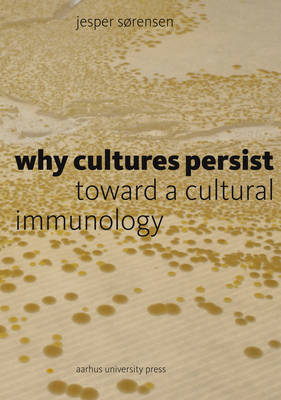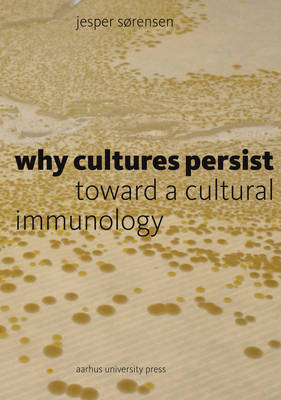
- Afhalen na 1 uur in een winkel met voorraad
- Gratis thuislevering in België vanaf € 30
- Ruim aanbod met 7 miljoen producten
- Afhalen na 1 uur in een winkel met voorraad
- Gratis thuislevering in België vanaf € 30
- Ruim aanbod met 7 miljoen producten
Zoeken
€ 113,95
+ 227 punten
Omschrijving
Why do humans form groups? Why would a brain, preoccupied with predicting the world, make the formation of cultures possible? And how does our socio-historical context shape the way we think? In a world faced with numerous global challenges and burdened by conflicts defined along cultural boundaries, now more than ever we need a comprehensive theory of the role of culture in human cooperation. Cultures persist: not only because they enable coordination and cooperation between otherwise selfinterested individuals, but because they cultivate our minds to make us grasp and sense the world in a particular manner, creating enduring structures of mutual solidarity based on a shared experience of reality. But cultures are not static: they evolve. As we endeavor to predict and classify the spheres of interaction in which we participate, culture falls into place and can be seen to function much like an immune system. If we are to understand the resilience of cultural groups and the evolution of the human mind, we need only look inside ourselves, to our predictive brain and to the immune system regulating the interaction across borders of both cells and cultures. Alongside our natural immune system, humans are endowed with cultural immune systems that bestow individuals and groups alike with resilience and adaptability. This book is a call for the formation of a genuine cultural immunology.
Specificaties
Betrokkenen
- Auteur(s):
- Uitgeverij:
Inhoud
- Aantal bladzijden:
- 496
- Taal:
- Engels
Eigenschappen
- Productcode (EAN):
- 9788772196268
- Verschijningsdatum:
- 30/11/2023
- Uitvoering:
- Hardcover
- Formaat:
- Genaaid
- Afmetingen:
- 178 mm x 234 mm
- Gewicht:
- 1406 g

Alleen bij Standaard Boekhandel
+ 227 punten op je klantenkaart van Standaard Boekhandel
Beoordelingen
We publiceren alleen reviews die voldoen aan de voorwaarden voor reviews. Bekijk onze voorwaarden voor reviews.







